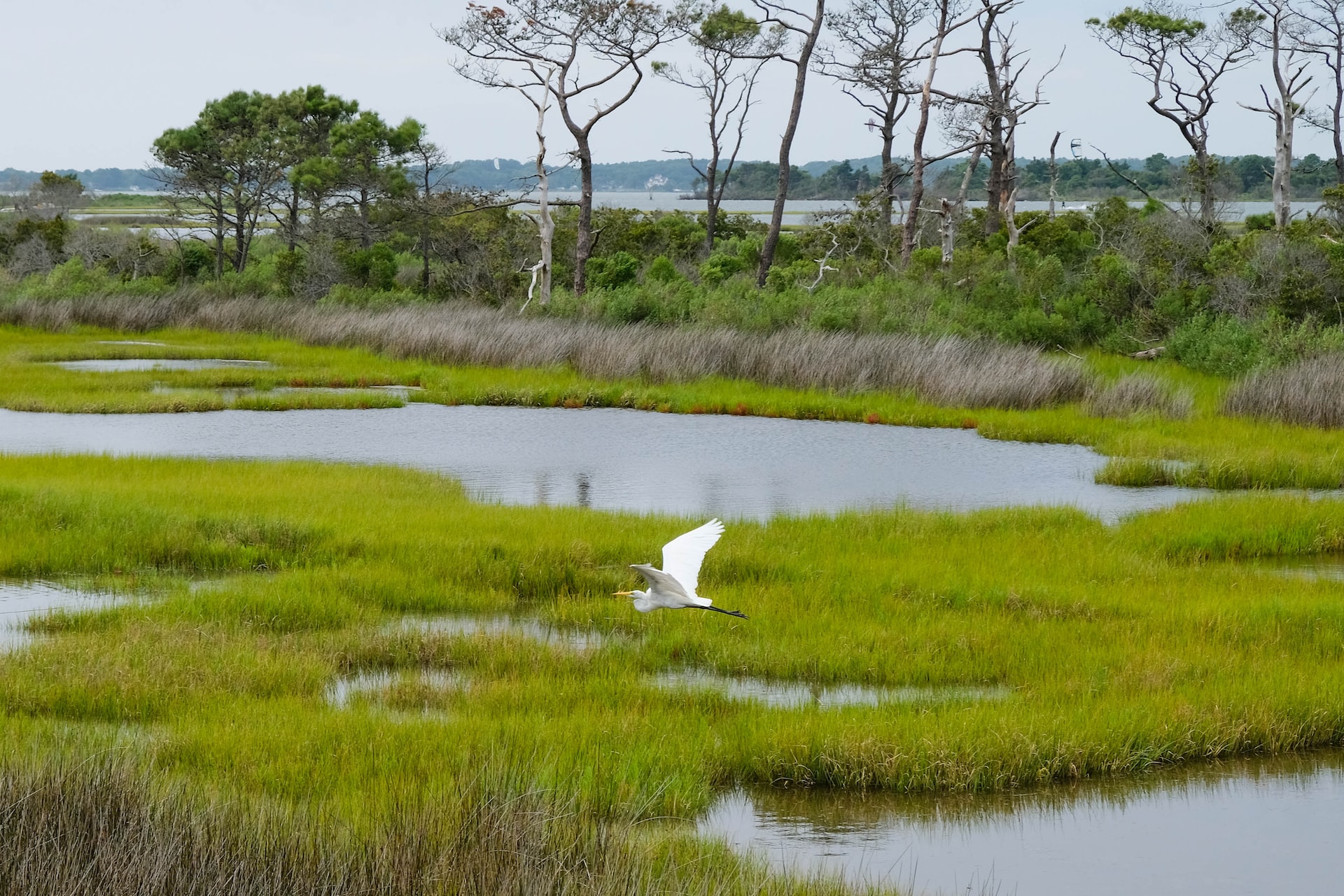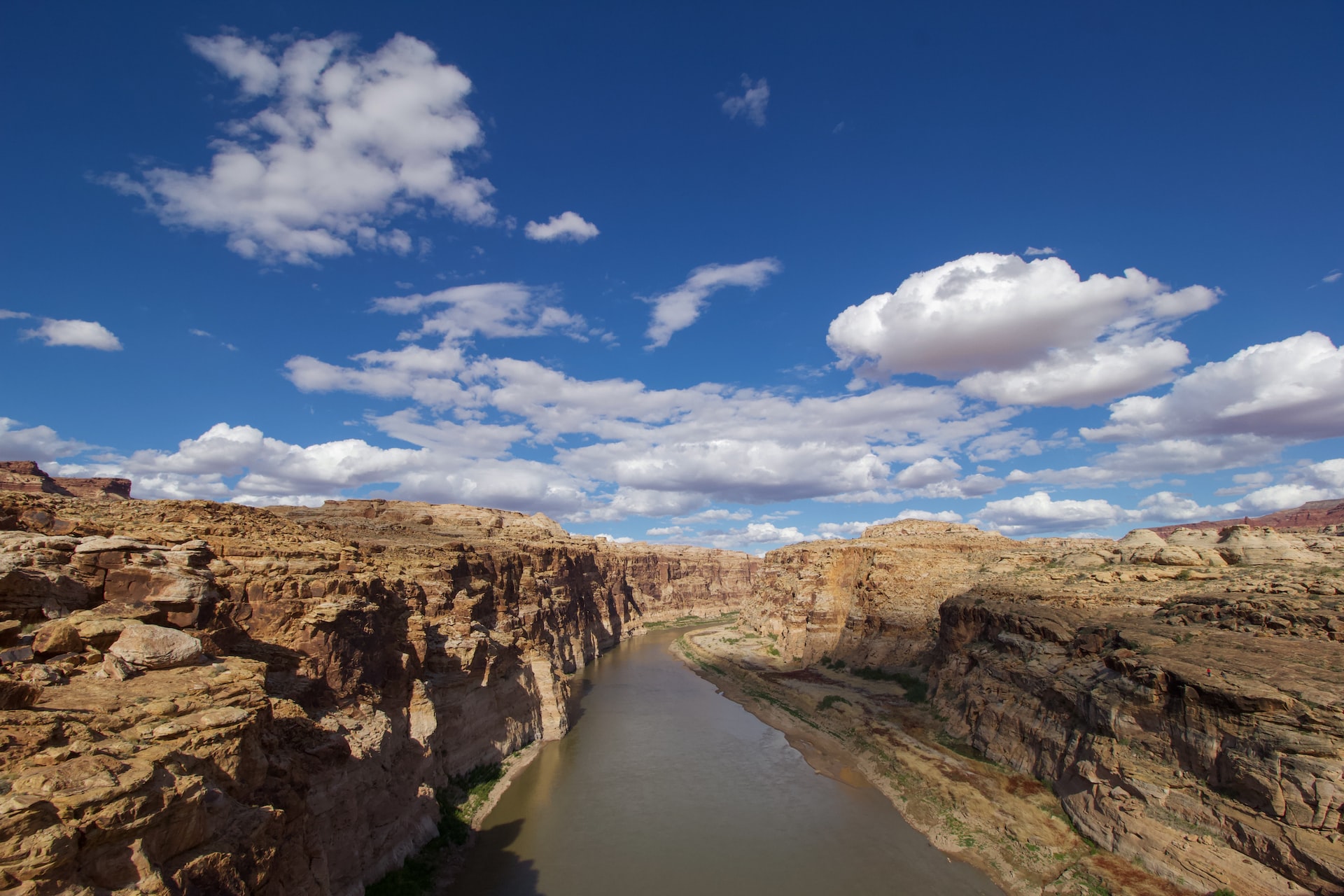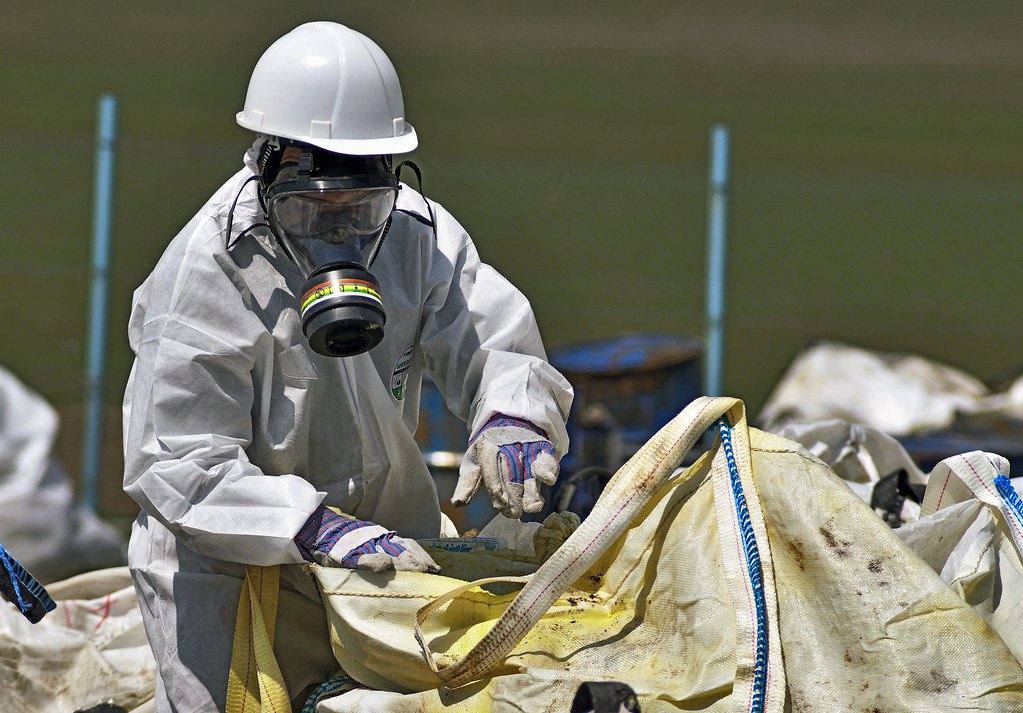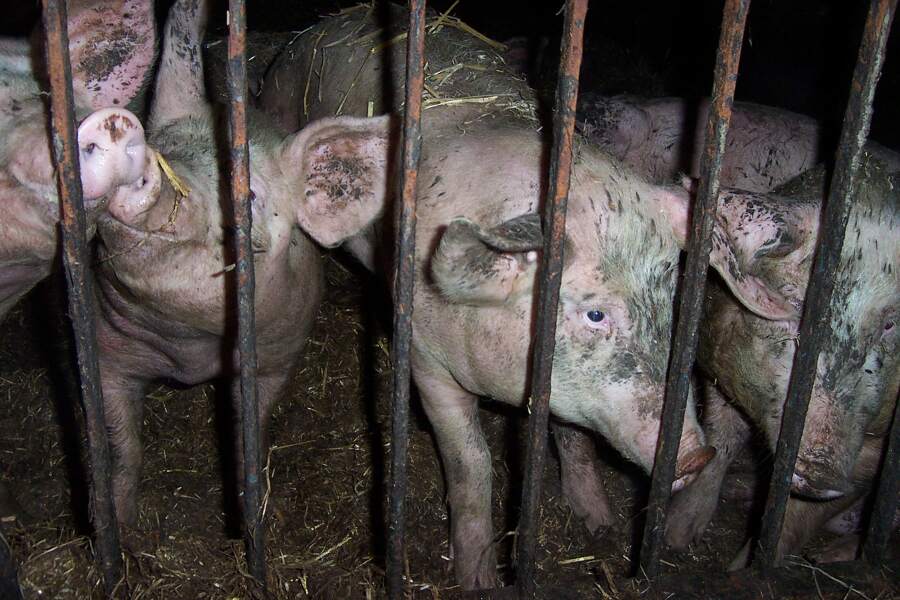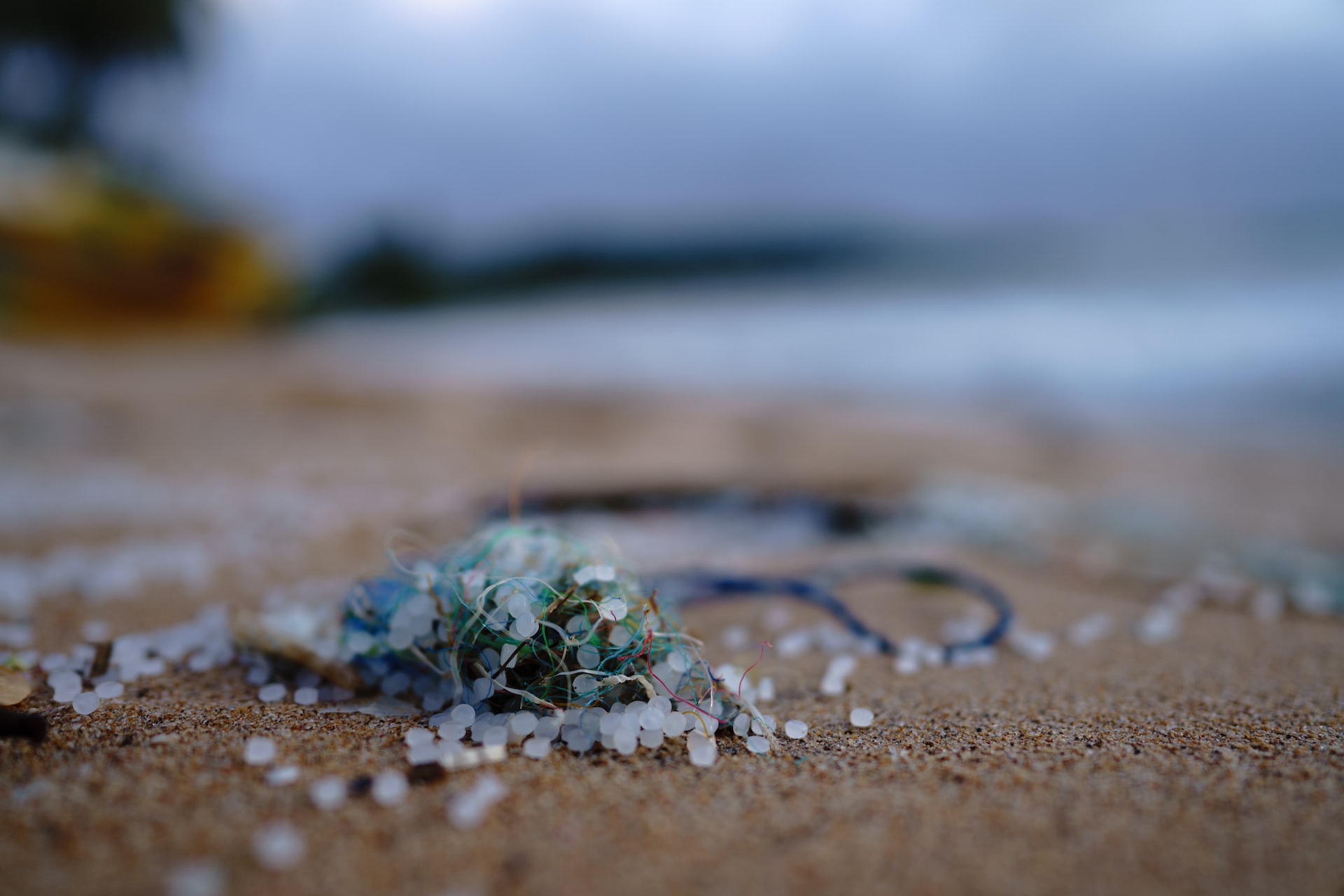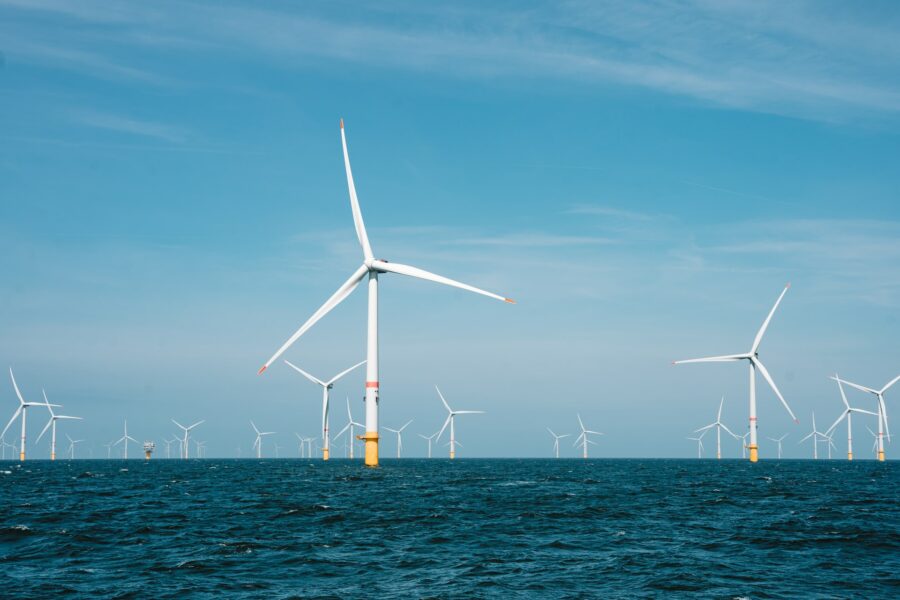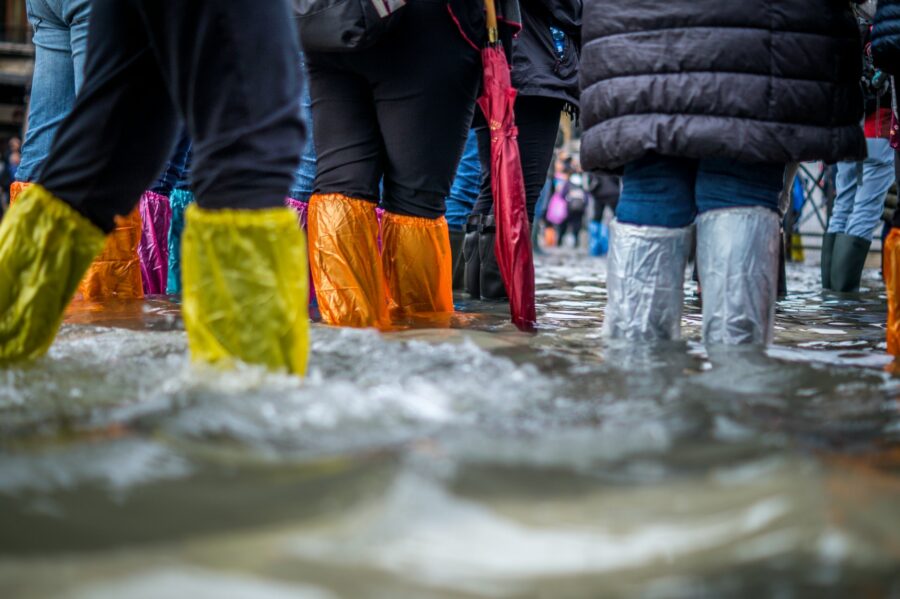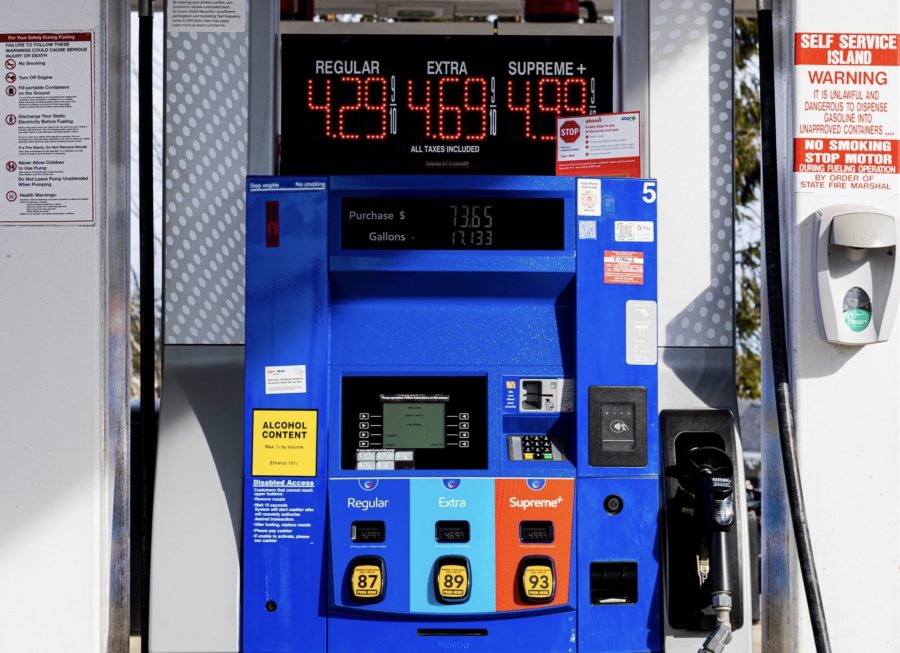EPA Finalizes New WOTUS Rule
By: Joseph Garza
Federal agencies take actions to clarify conflicting legal standards set by the Supreme Court that have divided Circuit Courts for decades. The ongoing legal question regarding the definition of a “Water of the United States” (“WOTUS”) in the context of Clean Water Act (“CWA”) enforcement and implementation may seemingly have been answered. On January 18, 2023, the Environmental Protection Agency (“EPA”) and the Army Corps of Engineers (the “Corps”) announced the finalization of the “Revised Definition of the WOTUS” rule (the “New Rule”).[i] EPA’s hope in promulgating the New Rule is to solve confusion caused by Rapanos v. U.S. The definition of a WOTUS is crucial to CWA practice because it determines the scope of the CWA’s reach. Only a WOTUS will receive the CWA’s protections. It is crucial for all who work with the CWA to have a clear understanding of the definition of WOTUS.

